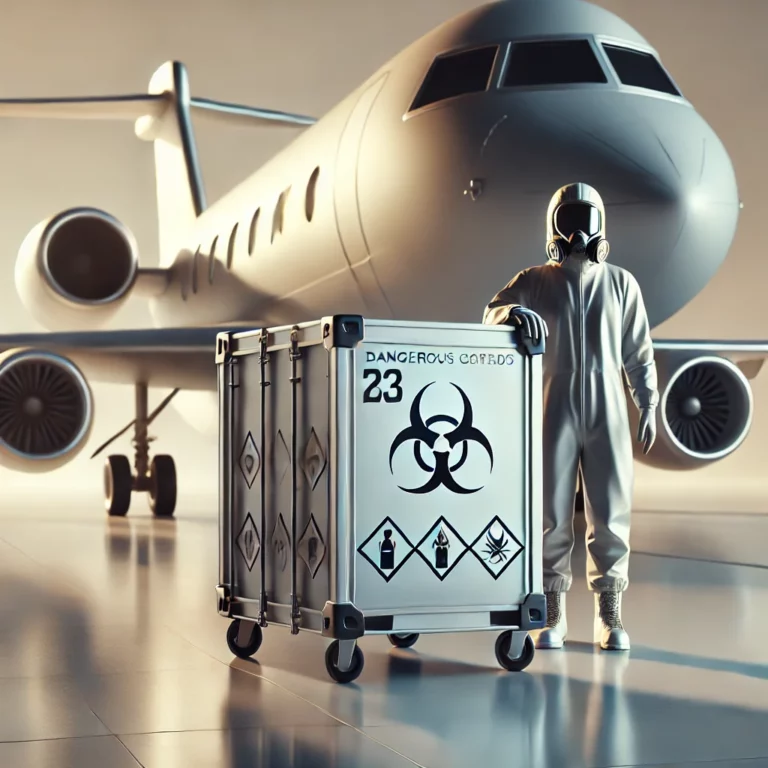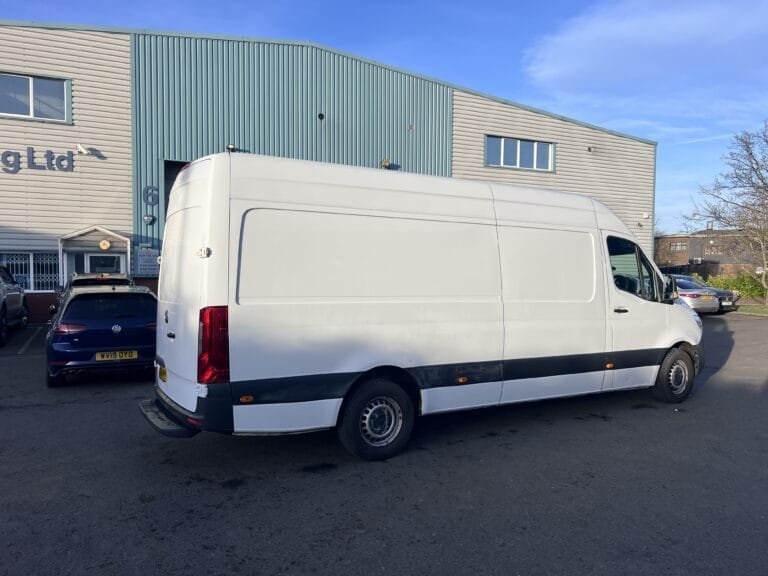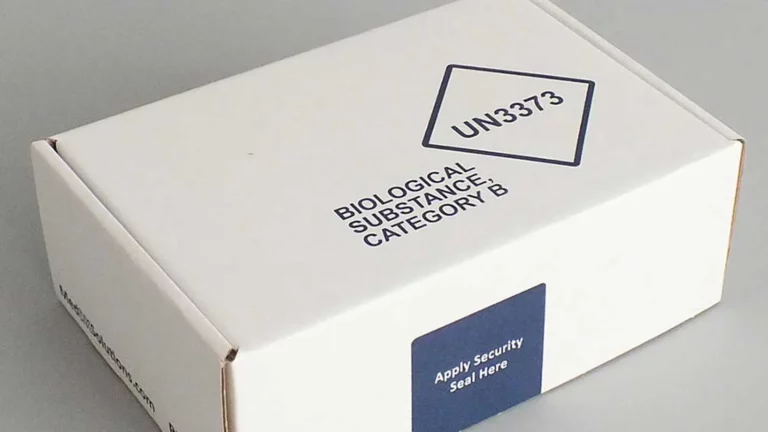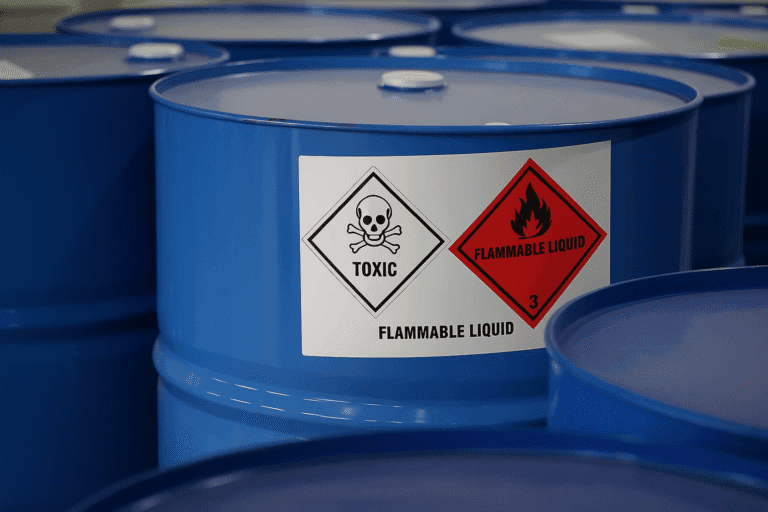Table of Contents
ToggleIntroduction to ADR Courier Services
ADR stands for the Accord européen relatif au transport international des marchandises Dangereuses par Route, a pivotal framework governing the safe transportation of dangerous goods by road across Europe. This regulation encompasses a comprehensive set of guidelines designed to ensure the protection of human life, property, and the environment from the inherent risks associated with hazardous materials. The significance of adhering to ADR regulations cannot be overstated, as they play an essential role in mitigating accidents and incidents during the transit of dangerous goods.
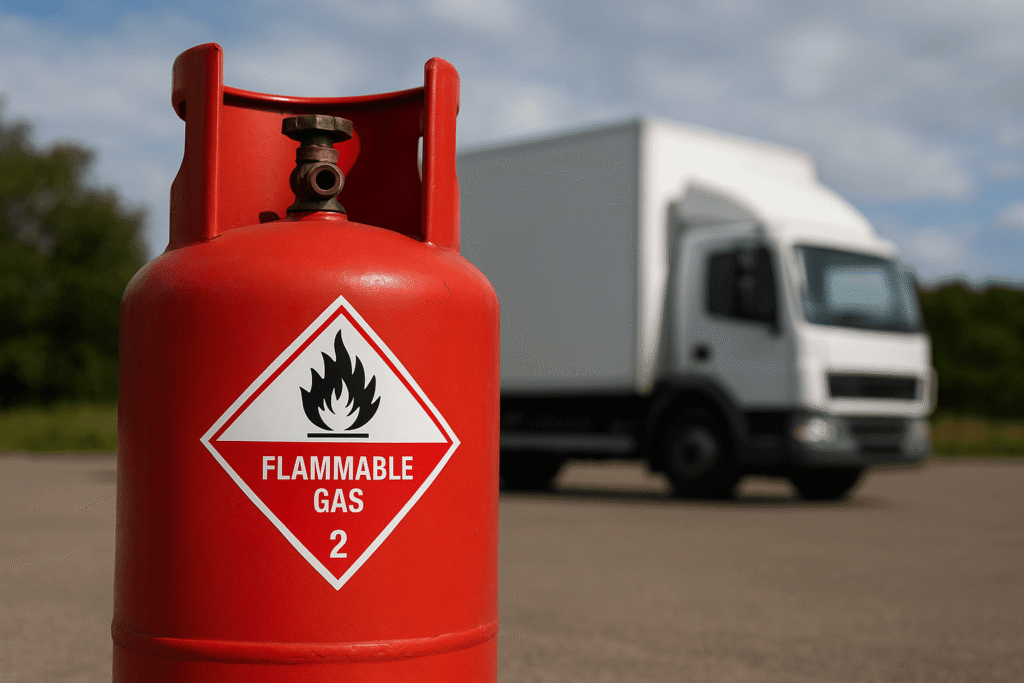
There are several categories of dangerous goods, ranging from flammable liquids and toxic substances to explosive materials and radioactive products. Each classification necessitates specialized handling protocols and training, as the materials differ significantly in their potential hazards and the measures required for their safe transport. An ADR carrier is specifically trained and certified to manage these intricate safety measures, ensuring compliance with both national and international regulations.
Businesses that deal with the distribution of hazardous materials must prioritize ADR compliance to safeguard their operations and reputation. Engaging a reputable hazardous goods courier is not only a legal requirement but also a crucial step in enhancing safety during the logistics process. Failure to comply with ADR regulations can result in severe penalties, including fines or operational shutdowns, alongside the risks posed to personnel and the public. Therefore, understanding the responsibilities associated with transporting dangerous goods is paramount for businesses involved in this sector. Proper awareness and application of ADR standards can lead to safer transport solutions, ultimately fostering a culture of accountability and safety in the supply chain.
Classes of Dangerous Goods and Associated Risks
The transportation of dangerous goods is governed by strict regulations, particularly the European Agreement concerning the International Carriage of Dangerous Goods by Road (ADR). Under the ADR, dangerous goods are classified into several classes based on their specific hazards. Understanding these classes is essential for businesses that utilize a dangerous goods courier or ADR carrier for the safe transport of hazardous materials.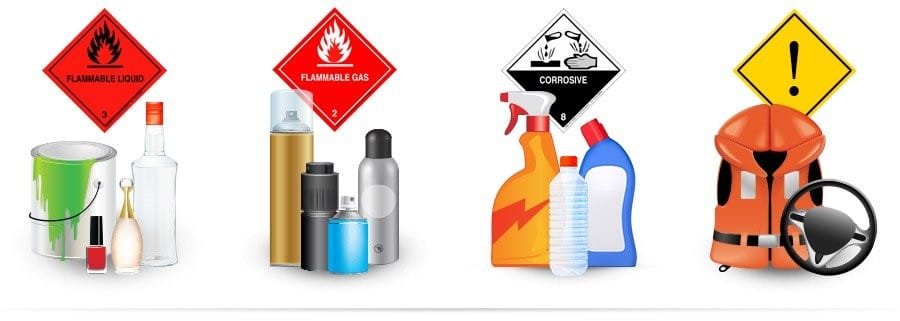
Class 1 encompasses explosives, including materials such as dynamite and fireworks. These substances pose significant risks of detonation and require rigorous safety measures during transport.
Class 2 includes gases, which can be compressed, liquefied, or dissolved under pressure. This class is subdivided into flammable, non-flammable, corrosive, and toxic gases. For instance, propane is a flammable gas that could lead to explosive incidents if not properly handled by a hazardous goods courier.
Class 3 consists of flammable liquids, such as gasoline and acetone. These materials are particularly dangerous due to their volatility and potential for ignition, necessitating careful packaging and transport procedures.
Class 4 covers flammable solids, self-reactive substances, and those prone to spontaneous combustion. Examples include magnesium and certain organic peroxides. Transporting these goods requires compliance with strict guidelines to prevent fire hazards.
Class 5 includes oxidizing substances and organic peroxides, which can intensify fires and increase the severity of combustion when in contact with flammable materials. This class necessitates an ADR carrier well-versed in the handling of such items.
Class 6 pertains to toxic and infectious substances, such as certain chemicals and biological materials. Proper training and specialized packaging are vital for a dangerous goods courier handling these items to prevent exposure and contamination risks.
Class 7 focuses on radioactive materials, which require unique transport considerations due to the associated health risks. Strict adherence to regulations is imperative when dealing with these substances.
Class 8 refers to corrosive substances, like sulfuric acid, which can damage living tissue and materials. Ensuring safe transport and handling by a hazardous goods courier is crucial to avert accidents.
Finally, Class 9 encompasses various other dangerous goods, including environmentally hazardous materials. Although not fitting neatly into the previous categories, their transport still requires compliance with specific regulations to protect both people and the environment.
Each class of dangerous goods presents its inherent risks that underscore the need for trained personnel and compliant procedures to mitigate potential hazards. Engaging a specialized dangerous goods courier or ADR carrier is essential to ensuring that these materials are transported safely, efficiently, and in accordance with legal requirements.
Why Choose RGP Trans Ltd for Your ADR Transport Needs
RGP Trans Ltd has established itself as a premier choice for businesses seeking reliable ADR courier services, particularly when it comes to the safe transport of dangerous goods. One of the defining features of RGP Trans Ltd is its unwavering commitment to safety and compliance with the stringent regulations governing the transport of hazardous materials. The company’s ADR drivers are highly qualified professionals who have undergone rigorous training to handle various classifications of dangerous goods. Their expertise ensures that all cargo is managed with the utmost care, minimizing the risk associated with transport.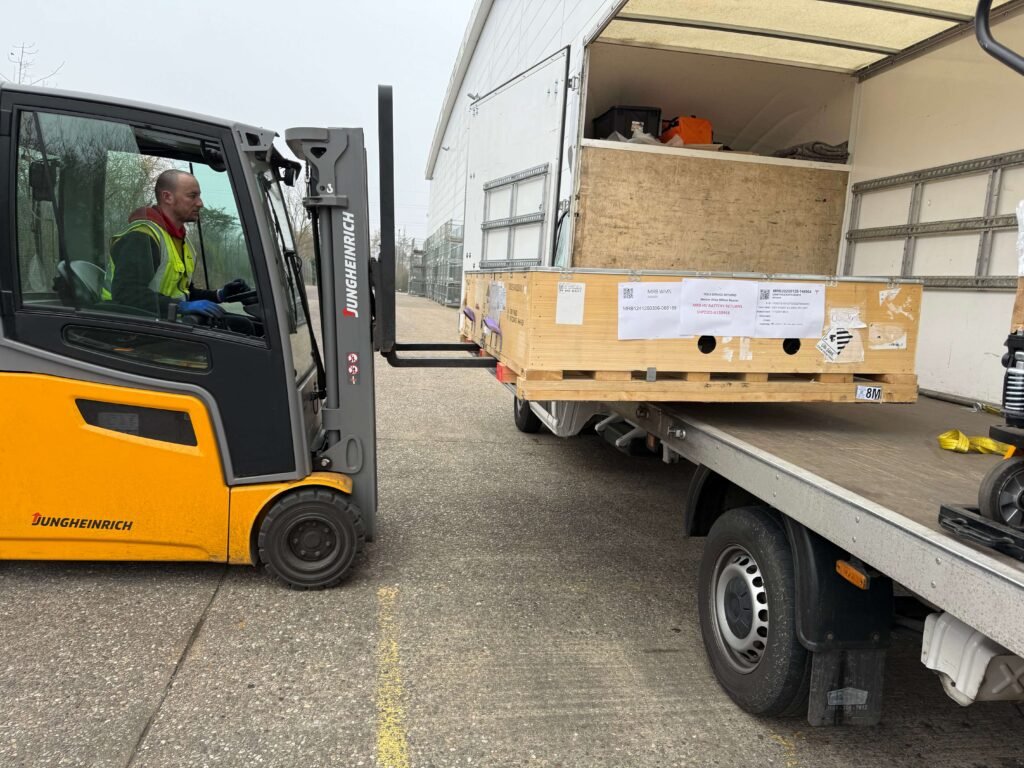
The equipment employed by RGP Trans Ltd further reinforces their dedication to safety. Each vehicle is equipped with specialized ADR kits that comply with current legislation. These kits include essential safety tools and equipment that allow drivers to respond effectively in the event of emergencies. Additionally, the trucks used for transporting hazardous goods are marked with the required orange plates, clearly indicating the nature of the cargo being carried, which is vital for emergency responders and other road users alike.
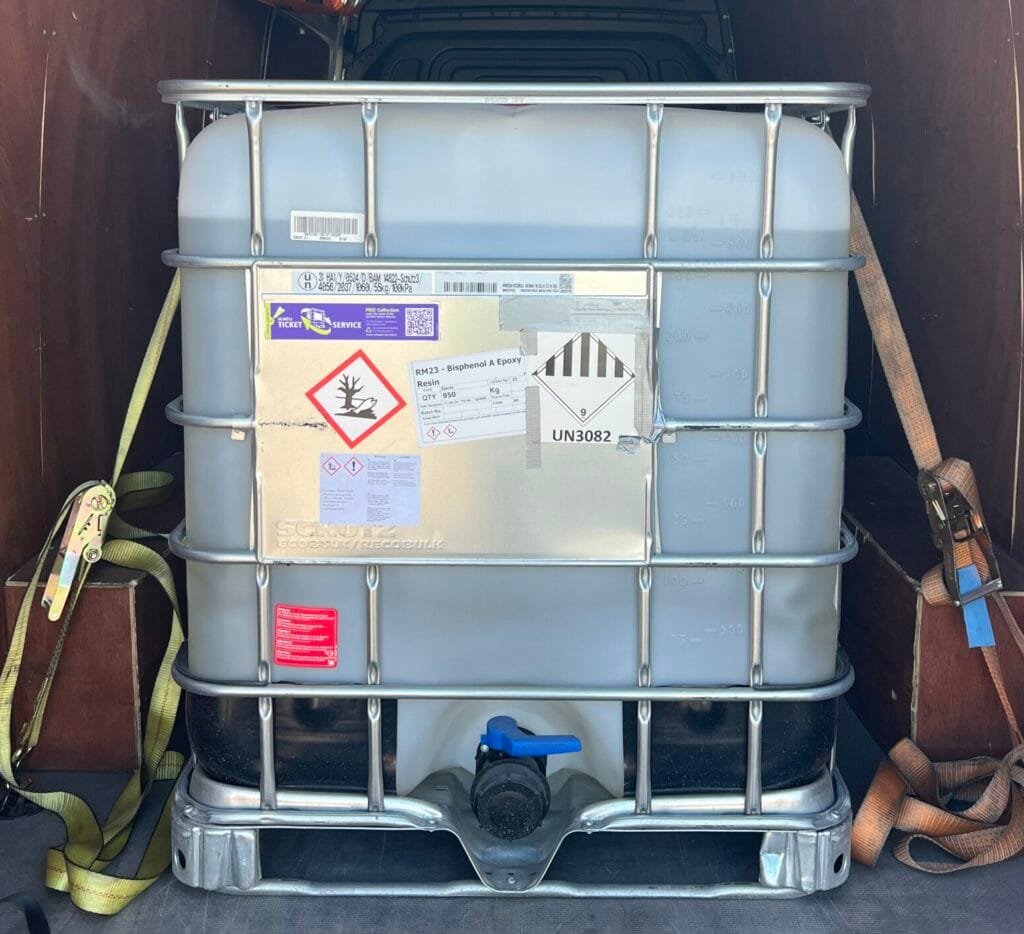
Moreover, RGP Trans Ltd implements comprehensive safety measures throughout the entire transport process. This involves meticulous planning and the use of modern logistics technology to track and manage consignments in real-time. Such measures ensure not only compliance with ADR regulations but also peace of mind for clients entrusting their dangerous goods to the company. The seamless coordination between drivers, logistics teams, and safety protocols contributes to RGP Trans Ltd’s reputation as a dependable ADR carrier for hazardous material transport.
In conclusion, when selecting a partner for dangerous goods courier services, RGP Trans Ltd stands out due to its qualified staff, advanced equipment, and rigorous safety measures—all essential elements for the safe and compliant transport of ADR materials.
24/7 Support from a Dangerous Goods Safety Advisor
In the realm of transporting hazardous materials, the role of a Dangerous Goods Safety Advisor (DGSA) is of paramount importance. At RGP Trans Ltd, we recognize that dealing with dangerous goods requires not only stringent adherence to regulations but also consistent expert guidance. Our DGSA is available 24/7, providing vital support to ensure that all shipments comply with the stringent regulations set forth for dangerous goods courier services. This around-the-clock availability means that businesses can receive immediate assistance at any time, addressing queries or concerns that may arise during the transportation process.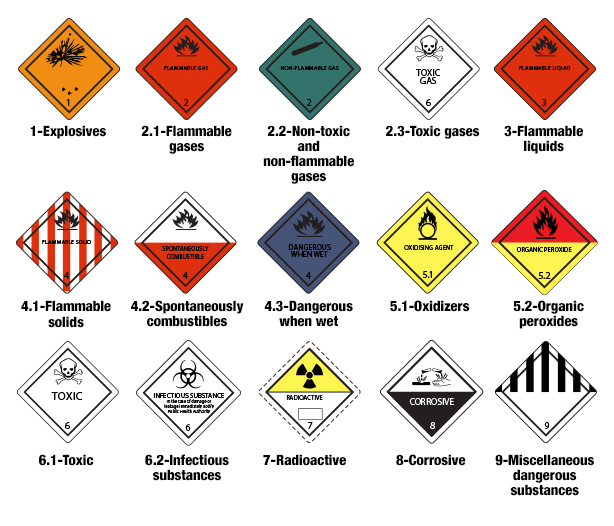
The primary function of the DGSA is to serve as an expert point of contact for companies engaging in the transportation of hazardous materials. This includes advising on the proper classification, packaging, and labeling of dangerous goods, which are critical to maintaining safety standards. Additionally, the DGSA monitors compliance with the applicable regulations outlined by the ADR (Accord européen relatif au transport international des marchandises Dangereuses par Route) framework. By ensuring adherence to these standards, businesses can mitigate risks associated with hazardous materials shipping, making our hazardous goods courier service not only efficient but also secure.
Clients can have peace of mind knowing that their shipments are handled by professionals who prioritize safety and risk management. The DGSA conducts regular training for staff and facilitates thorough inspections of packaging and documentation, ensuring that all aspects of the transport process meet industry standards. This commitment to safety not only protects the integrity of the shipment but also safeguards the environment and communities involved. In conclusion, the continuous support provided by a qualified DGSA at RGP Trans Ltd plays a crucial role in enhancing the reliability and safety of hazardous goods transportation, making us a trusted ADR carrier in the industry.





